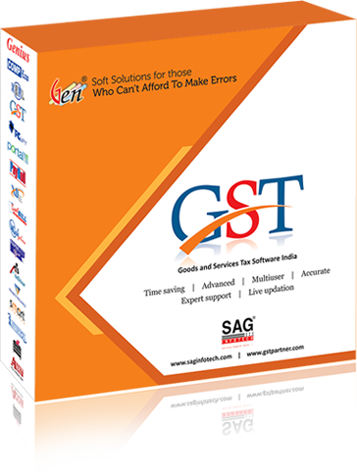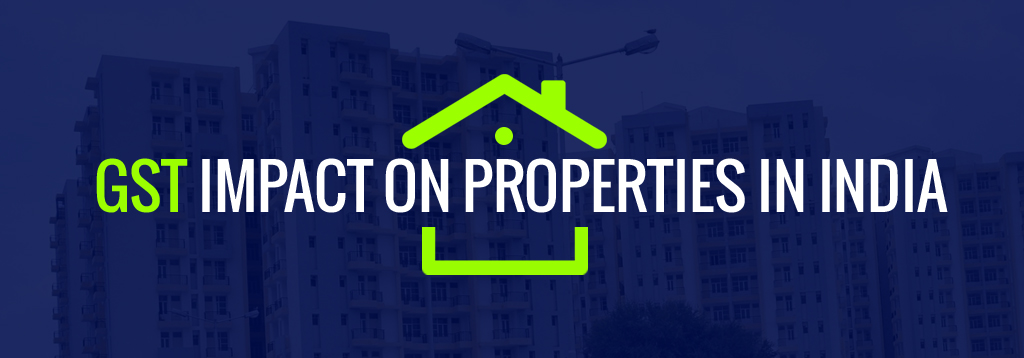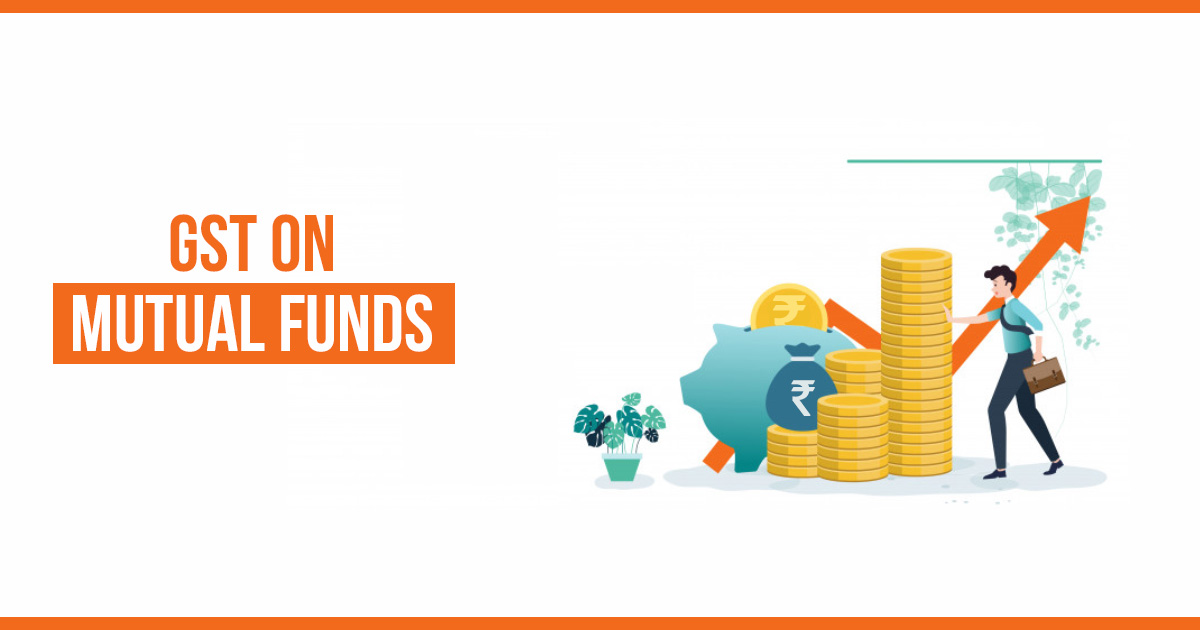The Goods and Services Tax was rolled out on July 1st by President Pranab Mukherjee and Prime Minister Narendra Modi, transforming India on the principle of ‘One Nation, One Market, One Tax’. The new tax regime has subsumed a host of indirect taxes by implementing a simpler tax on goods and services. Whether you are a buyer, seller, developer, intermediary, financier or investor, GST will impact everyone in the real estate sector in many ways.
If you are a buyer, you must be keen to know whether the prices of residential real estate post-GST will go down or not? If you are a developer, you must be worried about inputs and material costs.
Also Read: GST Rate On The Petroleum Products in India
Contents
Real Estate Transaction VAT Rates
| Bengaluru | Mumbai | Chennai | Gurugram | |
| VAT | 4.0% | 1.0% | 2.0% | 4.0% |
| Service Tax | 4.5% | 4.5% | 4.5% | 4.5% |
| Stamp Duty | 5.7% | 5.0% | 7.0% | 6.0% |
| Registration Charges | 1.0% | 1.0% | 1.0% | 0.5% |
| Total Taxation | 15.2% | 11.5% | 14.5% | 15.0% |
Source: Industry, JM Financial
Here’s a look at how the GST tax framework will impact you and the real estate sector.
GST Impact on Construction Materials
Under revised order from the government, GST on under-construction flats and properties will be taxed at 18% which includes 9% SGST plus 9% CGST. The government has also allowed deduction of land value equivalent to one-third of the total amount charged by a developer, thus, making the effective tax rate as 12%. The 12% slab offered for the real estate sector will not affect at the price of the flat but it will be on building materials.
Hence, we can say that the effective GST rate for under construction property is 12%. “However, in the new regime, the quantum of ITC will be higher though overflow of credit is restricted. The price of a property is an outcome of demand and supply dynamics, not taxes alone,” says S Satish, executive director, RSM Astute Consulting Group. “Imposing GST on land would have just resulted in land costs rising further at a time when the government is pushing its agenda of affordable housing nationally,” adds Ramesh Nair, CEO & Country Head, JLL India.
| GST Impact on Construction Materials Tax Rates | ||
| Materials | VAT | GST |
| Cement | 20-24% | 28.00% |
| Iron rods and pillars | 20% | 18.00% |
| Paint, wall fittings, plaster, wallpaper and ceramic tiles | 20-25% | 18.00% |
| Sand lime bricks and fly ash bricks | 6.00% | 5.00% |
Stamp duty and property tax to eventually be subsumed
as stated above that stamp duty and registration charges are outside the ambit of GST now because these are state levies while property tax is a municipal levy. “In many countries where GST has been implemented, it includes immovable properties as well,” says Satish. Although the government says that it has plans to eventually subsume these levies into GST, when and how it will be done is yet to be seen.
Detailed returns need not be filed this year
KPMG Partner (Indirect Tax) Priyajit Ghosh says that the new law was a challenge on the compliance front and the government has agreed to take a lenient view for the first couple of months. “The government has said that a detailed return need not be filed by traders/businessmen only a summary return would suffice,” said Ghosh. Satish adds that returns can be filed in summary but individual transactions have to be uploaded in the system.
Teething issues inevitable
Deepak Kapoor of Gulshan Homez said a multiplicity of rates in the previous regime had created a lot of confusion. “Teething issues, inflationary pressures, and certain short-term adverse impact will make compliance difficult in the first 12-15 months. But global precedence says that GST has been beneficial,” adds Tina Rawla, Director (Finance), Hines India.
Easier redressal of taxation issues
Post-GST, some tax issues will become easier to handle as there would be no overlapping jurisdiction between the Centre and states with regards to levies on services and goods. “Seeking redressal of a taxation issue would be far easier because in the new regime the same rule would apply to everyone,” explains Ghosh. However, Satish adds that new issues related to classification, composite and mixed supplies, ITC etc can crop up.
Transition period a pain for developers, consumers
Kapoor added that making real estate transactions in the transition period will lead to ambiguity on how will ITC be calculated when the new law kicks in. “Post-July 1, 2017, if an invoice for a unit has to be made, how will calculations be arrived at? If a customer wants to buy a real estate product on July 1, what should I tell him? Should I tell him that I am selling you my real estate but the actual price will be revealed after 3 to 6 months when I get my ITC details,” asks Kapoor.
Unregistered vendors will be a headache
Unlike in the past, the liability to pay taxes has been shifted from the provider of goods and services to the receiver, if he happens to be a registered person. Satish adds that any purchase from an unregistered dealer will attract a reverse charge on the recipient which adds to the compliance cost of the purchaser. “Post-GST rollout, many corporates may not prefer purchases from unregistered dealers,” says Satish.
Are you looking for GST Software for Real Estate Industry?
What are you waiting for? Click here now
The impact of GST on real estate buyers and investors
GST is expected to be a sentiment booster for the industry and will seek to revive buyer and investor interest by bringing more transparency in taxation. As the perception of the sector is said to have improved, the GST on real estate transactions is likely to drop around one to three percent if it all they do, according to a report by Edelweiss Securities.
The impact of GST on property prices will have a positive impact, as the taxation earlier was too complicated for buyers, which has been made simpler under the new tax regime. For instance, buyers were earlier liable to pay taxes depending on the construction status of the property and the state where it is located. Buyers also had to pay VAT, service tax, stamp duty and registration charges on purchase of an under-construction property. However, if the purchase was for a completed property, the tax applicable were stamp duty and registration charge.
Furthermore, since VAT, stamp duty and registration charges were state levies, each state specified its own figures. Service tax was a central levy and was charged on construction. So the calculation of taxes was very tedious in the earlier regime. GST charges all under-construction properties at 12 percent of the property value. This excludes stamp duty and registration charges. No indirect tax is applicable on sale of ready-to-move-in properties hence the tax will not apply to those. The biggest takeaway is that GST is a simple tax that applies to the overall purchase price.
A developer could take input credits on the sale of under construction property against the taxes that are paid by the buyer. Earlier, VAT and service tax used to account for nearly 9% of the ticket price of the property. Since that will be lower than the GST applied to the sector, the builder will have to pass on the benefit of the price reduction to the buyer. The price reduction is on account of the input tax credits that the builder enjoys.
Benefits to Developers
If you are a developer, you were earlier charged for Central Excise Duty, VAT and entry taxes collected by the state on construction material costs. Further, you had to pay a 15% tax on services like labor, architect fees, approval charges, legal charges etc. Your tax burden was transferred to the buyer eventually. However, under the new regime, the changes in construction costs are not grave. Furthermore, reduced cost of logistics will result in reducing expenses as well. The input tax credits will also help you increase profit margins and it will be a simpler tax to work with.
Here, all the implications of GST on the real estate business have been deeply discussed, keeping in mind both the developers and buyers. Still, if any buyer, property dealer or developer need assistance on the GST, can comment below for the same. We would be at our earliest to help in all possible ways.







I had purchased an apartment in 2015. The builder delayed the construction however has started a few months back and he is working on the project since then. I am an NRI and when I booked he gave me a price say for example 50 lakh plus registration and stamp duty. How would the implementation of GST effect our deal. He is anticipating to completing the project in mid 2019.
GST charges all under-construction properties at 12% of the property value. Stamp duty and registration charges are extra. A developer could take input credits on the sale of under construction property.